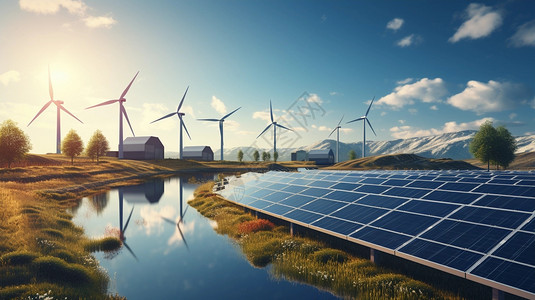
Ago . 18, 2024 01:28 Back to list
Solar Energy Storage Solutions for Sustainable Energy Management and Future Development
The Future of Solar Energy Storage Innovations and Challenges
In the quest for sustainable energy solutions, solar power has emerged as a leading contender. However, its intermittency—relying heavily on sunlight availability—presents a significant challenge for energy reliability. To bridge the gap between energy generation and consumption, effective storage solutions are essential. A burgeoning sector dedicated to the storage of solar energy is emerging, with innovations in technology playing a critical role.
The storage of solar energy typically involves converting solar energy into a storable form, such as electricity or thermal energy, and then releasing it when needed. Batteries are the most common method, specifically lithium-ion batteries, due to their efficiency and declining costs. However, the field is also witnessing advances in other technologies. For example, flow batteries, which store energy in liquid electrolytes, offer longer discharge times and extended lifespans, making them suitable for large-scale applications.
The Future of Solar Energy Storage Innovations and Challenges
In addition to batteries, thermal storage presents a viable alternative for solar energy. Concentrated solar power (CSP) systems, for instance, use mirrors to concentrate sunlight, which heats a fluid to generate steam that powers turbines. The heated fluid can be stored in insulated tanks and used later to generate electricity even when the sun isn't shining. This method not only ensures energy availability but also allows for large-scale heat storage, which can be beneficial in industrial applications.
storage of solar energy factory

Challenges remain in the solar energy storage landscape. One significant hurdle is the current inefficiency in energy conversion and storage processes. While battery technologies are improving, there is still room for optimization in terms of cost, lifespan, and environmental impact. Additionally, the extraction of raw materials for battery production—such as lithium and cobalt—raises concerns regarding sustainability and potential supply shortages.
Moreover, the energy infrastructure in many regions is not yet equipped to handle the widespread adoption of solar energy storage systems. Upgrades to grid systems are necessary to facilitate the efficient integration of solar energy. Enhanced grid management and the development of smart grid technologies will be essential to optimize the distribution of stored energy and ensure reliable supply patterns.
Despite these challenges, the future of solar energy storage looks promising. Governments and private sectors worldwide are investing heavily in research and development. Initiatives to promote renewable energy, alongside advancements in energy storage technologies, suggest a trajectory leading toward a more sustainable energy future.
In conclusion, the storage of solar energy is an essential component of the broader renewable energy landscape. As innovations in battery technology, thermal storage, and grid management evolve, they promise to enhance the reliability and efficiency of solar energy systems. While challenges abound, the ongoing commitment to developing sustainable storage solutions will play a critical role in realizing a carbon-neutral future where solar energy can power our lives consistently, regardless of the time of day or weather conditions. With dedicated efforts and breakthroughs at the intersection of technology and environmental responsibility, a new era of energy storage is on the horizon.
-
Advanced AI Energy Management with GPT-4 Turbo
NewsAug.02,2025
-
AI-Powered EMS with GPT-4-Turbo | Efficiency Boost
NewsAug.01,2025
-
Optimized Storage System for GPT-4-Turbo | High Performance
NewsJul.31,2025
-
AI Energy Management System w/ GPT-4 Turbo Efficiency
NewsJul.31,2025
-
High-Performance Energy Storage System for Reliable Power Solutions
NewsJul.30,2025
-
Advanced EMS Solutions for Energy Management System & Storage Battery Companies
NewsJul.29,2025























